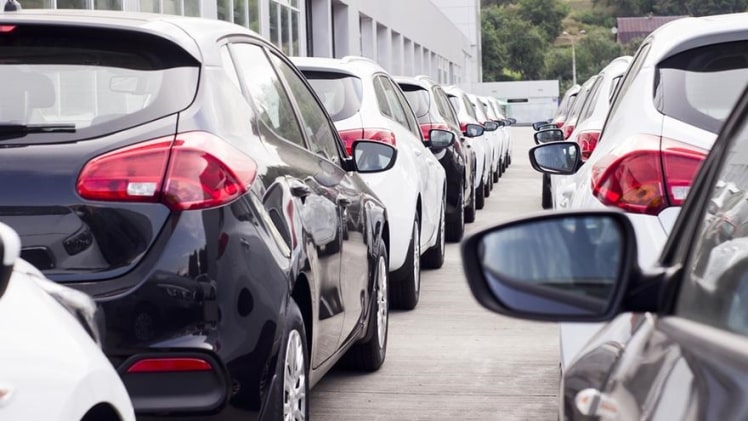A non-licensed vehicle is a term used to refer to any kind of vehicle that does not have a properly issued license plate.
These vehicles are often referred to as street rods, kit cars, replicas, and hot rods.
However, the terms can be broken down into the following:
Street Rods: They are generally highly customized older vehicles, with newer parts added to look much younger than their actual age; these items may include steering wheels and tires from other models, also referred to as “Custom Cars.”
Kit Cars: Kits are sold for home assembly, consisting mainly of fiberglass body panels and chassis components; car enthusiasts usually assemble these.
Replicas: Vehicles built to resemble a specific make and model of a vehicle; the term is often confused with Kit Cars, but there are very distinct differences between the two.
Hot Rods: Generally lower-end vehicles that have been modified to perform better on the streets; even though they were originally designed as sedans, they are now equipped with aftermarket body panels and chassis components.
They often feature flat or pancake-style engines to place as much weight over their rear axles as possible for improved cornering ability. In some states, registration is available for such vehicles, but the registration may only be temporary.
These modifications are also subject to forfeiture of your right in a non-licensed vehicle lawsuit. It is important to understand that street rods and kits cars are two different entities; however, they fall under the same category for rules and regulations regarding registration in some states.
The term kit car can refer to both complete automobile kits or just parts. However, most people assume it refers solely to an entire assembled vehicle being offered as one piece from a dealership.
Most people who sell turnkey vehicles are not licensed, but many companies offer parts-only vehicles through websites and various publications.
Non-licensed vehicles must follow the same rules and regulations as regularly registered vehicles; they are subject to the same penalties.
There have been many laws that were passed in regards to non-licensed vehicles. However, some states allow these types of cars to be driven on public roads without requiring insurance or registration.
Since certain states do not require these items, it is important for those who live in a state where you can drive a non-licensed vehicle legally, understand that they may still need insurance and registration. Therefore, if you plan on driving your street rod/kit car/replica/hot rod on public roads, there are three questions you should ask yourself before hitting the road:
- Is your vehicle insured?
- Are you willing to pay the fine if you are pulled over by a police officer and found not to comply with state laws? Fines vary from place to place, but they can be up to $500 or more.
- How does the car perform on the road when being driven without registration/insurance?
Driving a non-licensed vehicle without insurance and registration is certainly a risk that some car enthusiasts enjoy taking; however, keep in mind that there is no way of knowing what might happen during your drive (i.e., traffic stop).
There have been many instances where police officers unfairly targeted non-licensed vehicles with their radar guns, and this would be a good time to consult a non-licensed vehicle lawsuit attorney. Keep in mind that it is your responsibility to abide by the rules and regulations of your state when driving non-licensed vehicles.
If you have been pulled over because a police officer believed that you were violating any of these rules or regulations, make sure you understand what options are available to you; sometimes, being polite and remaining calm can help resolve the issue much easier than if you were confrontational.

